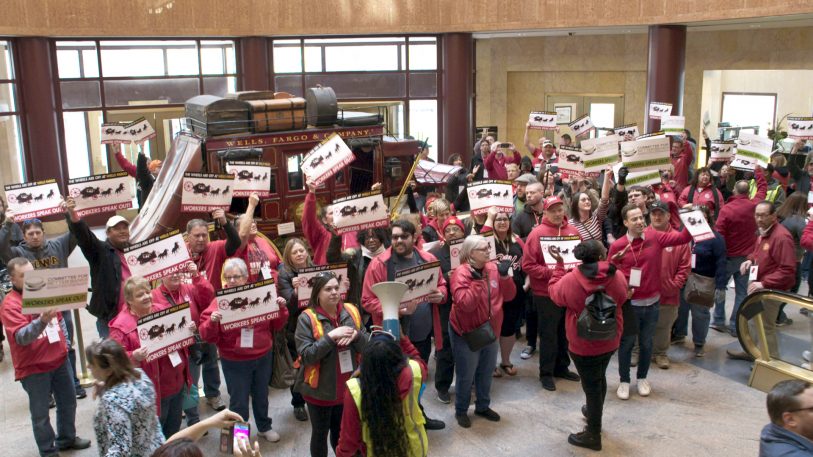In 2006, at the age of 25, Jared Kushner purchased the storied weekly newspaper The New York Observer (now a digital-only publication known as Observer). Over the next few years, he used the media property to elevate his social standing in New York’s elite circles. At the same time, he oversaw his family firm’s disastrous acquisition of the (incredibly named) 666 Fifth Avenue for a record price of $1.8 billion in 2007 at the height of the pre-recession real-estate bubble. As his father-in-law, Donald J. Trump, ascended to the highest office in the country in January 2017, Kushner used his newly gained status as a senior advisor to the president (in charge of seemingly everything from tech policy to brokering a peace deal in the Middle East) and influence to try and solve his family’s business troubles.
This is all covered in “Slumlord Millionaire,” the third episode of the second season of Netflix’s hit documentary series Dirty Money, which broadly covers capitalism run amok—and the boundaries that companies are willing to cross in the name of turning a profit.
The show is produced by Alex Gibney, the filmmaker most recently behind the Emmy Award-winning documentary The Inventor: Out for Blood in Silicon Valley, which tracked the meteoric rise and fall of Theranos founder Elizabeth Holmes. Each episode is made by a different team, but each one offers an engrossing look at corporate malfeasance and grifts—following gold from illegal cartel mines in South America, for example. Fast Company recently caught up with the directing team behind “Slumlord Millionaire”—Dan DiMauro and Morgan Pehme—to learn how they took on one of the most challenging subjects in business.

As the company became increasingly desperate to save itself from bankruptcy, it began pursuing legal remedies against tenants who had moved out of the property years earlier, claiming that they owed thousands of dollars in back charges.
Pehme says that while there was a lot to be dismayed about over the course of their reporting, he was particularly upset by a Kushner tactic uncovered by The Baltimore Sun. “One of the most upsetting things was in Kushnerville in Baltimore County, the Baltimore Sun had uncovered this practice of body attachments—it’s basically a modern-day debtors’ prison—where in Maryland if you say somebody owes you money, you can ask a sheriff to put out a warrant for their arrest,” which Kushner did to get money from low-income tenants who had broken their leases.
While the documentary provides a clear-eyed assessment of the tactics that the Kushners employed, it also paints a thoughtful portrait of Kushner. Pehme and DiMauro hope that viewers will be able to learn more about him outside of the context of America’s first family. “It was really important for viewers to see Jared on his own terms,” DiMauro says. “Often what Trump does is hung on Jared, but we wanted to focus on him.”
DiMauro and Pehme also would like their episode to illuminate how private interests can shape government policy. “[We wanted to] document Kushner’s business practices, because he is in such a position of power, has such a larger portfolio, and is shaping policies of our country,” Pehme says.
Perhaps in reference to the 202o elections DiMauro adds, “This is a valuable portrait of a businessman’s approach to our politics. Is the skill of being a successful CEO in the best interest of being a politician for the American people? It seems time after time that they put business before everything else, sometimes even before family.”

